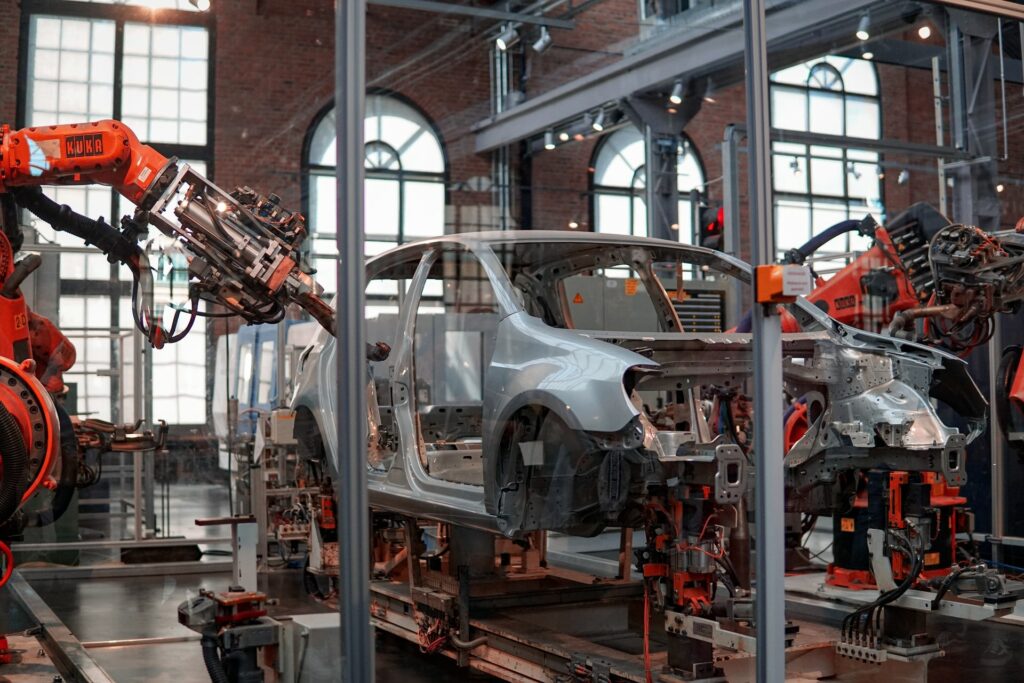Essentially, businesses of all sizes could benefit from a company car; now more than ever, it’s seen as a valuable asset. Whether you live in and operate your business in a major city, small one, rural area, or suburb, you can absolutely expect to benefit from it.
Whether it’s for sales representatives constantly on the road, executives attending meetings, or simply to enhance your company’s professional image, acquiring a company car is a significant financial decision.
While investing in a company car is usually seen as a fantastic decision, in the end, it’s still just a major decision- a major financial decision. But with that said. You can still save some money in the process. So, here’s exactly how you can cut some corners and save money during the purchase of your first-ever company car!
You Need to Start Off with Your Needs

This will be one of the more simple aspects, so why exactly do you need a company car?
- How many employees need a company car?
- What are the primary purposes of the car?
- What features and specifications are necessary?
- What is your budget for purchasing and operating the car?
Another thing, do you 100% absolutely need it, and will it actually transfer the way you operate your business? You don’t want to overpay for a car; you don’t want to have a whole bunch of fancy bells and whistles that you technically don’t even need. So it’s important to keep all of this in mind.
Consider Various Acquisition Options

When it comes to getting a car, whether it’s VinFast, or any other brand out on the market, you don’t always have to buy it straight up like a traditional consumer does. It’s not always required. Sure, you could always go for buying a used car- a super sustainable option but at the same time, it’s super risky.
Some used cars are far away from being in good condition, and it’s going to get costly over time. As in, it is more costly than buying a new car (due to repairs, new parts, etc.). But there are other options too, such as fleet programs and leasing, that you could try too. In fact, leasing seems to be the most common thing that’s done, too.
Research Any Vehicle Model You Want

So, how could this actually save you money? Well, if you do enough thorough research, then there might be a major change in your mind. It’s mostly the fact that car-related forums will mention things like common issues they’ve been dealing with. And eventually, you might see a pattern and would rather look into another car.
Plus, there’s some important things you’re going to want to look into for every single model of a car. Remember, this could be considered even more important than your personal vehicle; more money will most likely have to be put into this, and chances are, it will be driven more, too. So, look into things like:
- Fuel Efficiency: Opt for cars with better gas mileage to save on fuel costs in the long run.
- Depreciation: Research how quickly the car’s value depreciates, as this affects its resale value down the line.
- Insurance Costs: Check insurance premiums for different car models, as they can vary significantly.
- Maintenance and Repair Costs: Some brands and models have higher maintenance and repair costs, so look for cars with a reputation for reliability.
- Safety Features: Prioritize safety features that can help reduce accidents and lower insurance premiums.
Honestly, when it comes to saving money, this is going to be a major indicator; You need to make sure you’re getting the best of the best for the best value possible.
Found the Car? Start Negotiations

So, if there is one thing you need to keep in mind, it’s to almost never buy at sticker price. You never have to buy at sticker price, so it’s best to negotiate. Now, never try to negotiate something ridiculously low- it just won’t work out, and you’ll probably never be taken seriously, either.
But when it comes to negotiations, there are other things to think about, too. Sure, you need to keep in mind what the general market value is, but it’s still going to go beyond that.
You might want to try to get it at the end of the quarter or at the end of the money, as car salesmen are willing to lower prices to meet quotas. It’s going to help to get multiple quotes, too, or at least try to see how much or how little you can spend.
On top of that, you may want to see if there are any manufacturer rebates, too, because you might be able to get a bit of money back at the end of your purchase (usually needs to be a brand-new car, though).
